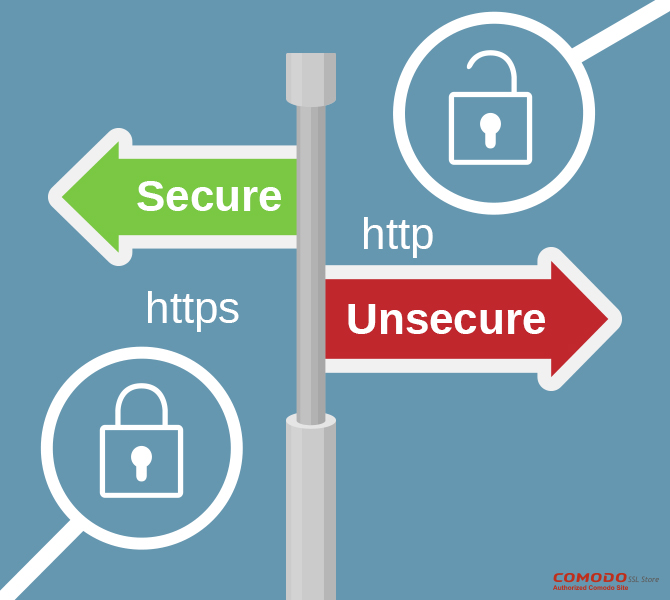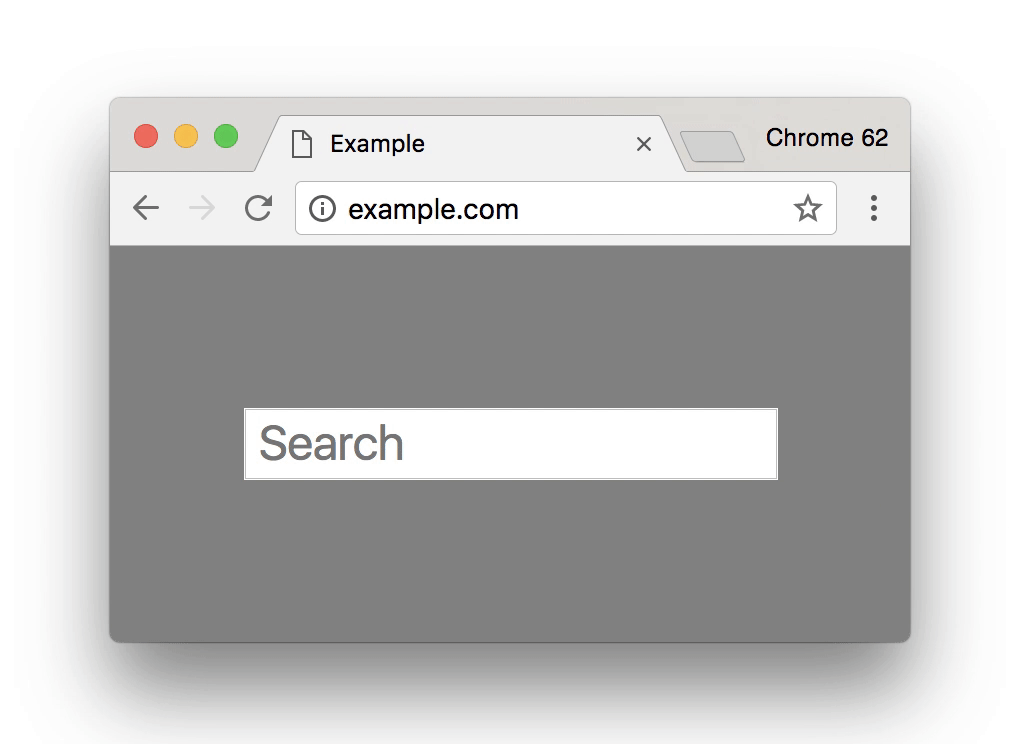



 (11 votes, average: 4.55 out of 5, rated)
(11 votes, average: 4.55 out of 5, rated)Should I install SSL on my blog site? Should I migrate my blog from HTTP to HTTPS? Do I really need SSL or HTTPS for my blog site? Had you asked us these questions some time back, we would have said ‘maybe, maybe not.’ But if you ask us now, we’ll say ‘Yes! Yes! Yes!’ (for the record, this has nothing to do with Daniel Bryan!).
There are plenty of things that have a world of a difference between them but are often considered to be the same. Crocodile & Alligator, Dracula & Vampire, Ghost & Ghoul – these are prime examples of such things (trust us, that’s the best we could come up with!). Well, add one more to this tally – HTTP & HTTPS. We’ll get into the first three examples later (which means NEVER!). But, let’s concentrate our energy on HTTP and HTTPS for the time being.

The ‘S’ in HTTPS stands for secure. When you install an SSL certificate on a website/blog, it gets HTTPS as a prefix in URL. That means that your website is protected by means of Encryption—the data being transmitted between server and clients is protected from getting intercepted, stolen or altered. Encryption acts as a protective shield against the likes of man-in-the-middle (MITM) attacks and Phishing scams. Moreover, your site gets equipped with trust signs such as a padlock, green address bar, and site seals. Through these symbols, users get assured of the website being secure, which encourages them to give their personal information.
Now you might say ‘What personal information? We don’t deal with such stuff!’ Well, we understand that you are a blogger and you probably don’t ask users to submit their credit card details. But, even if you own a tiny little blog, YOU NEED SSL. Let’s understand why.
Nobody writes blogs for their self-satisfaction, right? We write blogs because we have something to offer, we want to be heard. Then how do you reach the maximum audience? Without a shadow of a doubt, the content plays a big part here. But, it’s not everything. You see, you have to play a game called SEO to reach your desired goal. This game pits you against hundreds of other opponents with a single goal in mind – to appear on the first page of Google search results.
We can’t help you with the content part, but we can surely help you with the latter. As a part of its ‘HTTPS Everywhere’ campaign, Google uses HTTPS as a ranking signal. It means that a site/blog having SSL installed gets the upper-hand over its non-SSL counterparts.
One hell of an advantage, isn’t it?
It’s been a handful of days since Google cracked down even more stringently on non-HTTPS sites. Now, any HTTP site with any sort of text inputs will be marked as ‘Not Secure.’ Mind well, this will happen the moment the user types even a single letter.
This is what will happen when a user enters data:

Imagine a user giving his/her email ID in the subscribe box and he/she sees the ‘Not Secure’ sign. Now put yourself in your reader’s shoes for a minute. Wouldn’t you feel concerned even for a second? You would, right? That’s exactly our point. Therefore, installing SSL is a no brainer.
Well, not if you buy from us! For small websites and blogs, we have Domain Validated (DV) SSL certificates. Not much fuss about the installation and super-affordable pricing – a perfect fit for your blog. How much money are we talking here? Just $7.27/yr and SSL is all yours!
Till now, an SSL certificate was considered to be more of a luxury rather than a necessity. In the last few years or so, this scenario has turned upside down. A big part of the credit for this change goes to Google. Keep in mind that, it’s only going to get tougher from here. Therefore, don’t procrastinate because you’ll have to do it at some point.
Just do it!!!
![]()
Comodo Single Domain SSL Certificates provide one domain, IP or hostname powerful encryption and trustworthy authentication at the cheapest prices on the comodosslstore.
Shop Single Domain SSL Certificates